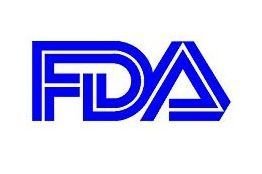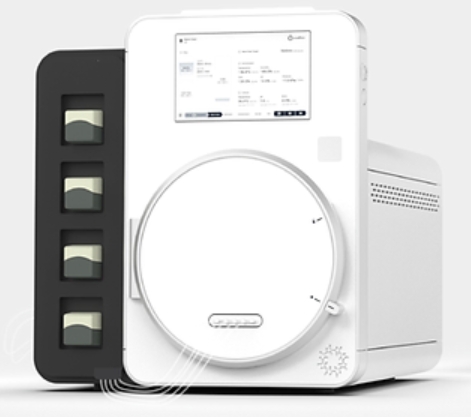
Good news for multiple sclerosis (MS) patients - Biogen Idec's Tecfidera (dimethyl fumarate) gets US FDA nod
Singapore: Biogen Idec received approval for Tecfidera (dimethyl fumarate) as a new first-line oral treatment for people with relapsing forms of multiple sclerosis (MS) from the US FDA. Tecfidera has been clinically proven to significantly reduce important measures of disease activity, including relapses and development of brain lesions, as well as to slow disability progression over time, while demonstrating a favorable safety and tolerability profile.
Dr George A Scangos, CEO, Biogen Idec, said that, "With the FDA approval of Tecfidera, we will offer the MS community a treatment with strong efficacy and a favorable safety profile in the convenience of a pill, a combination we believe will have a significant positive impact on the way people live with this chronic disease. Biogen Idec is committed to delivering innovative treatments and setting new standards for the next generation of medicines. We believe Tecfidera will raise expectations for what people living with MS can achieve with their therapy."
The FDA approval of Tecfidera is based on data from a robust clinical development program that included Define and Confirm, two global phase III studies that enrolled more than 2,600 patients. In the ongoing extension study Endorse, some patients receiving Tecfidera have been followed for more than four years.
Dr Robert Fox, medical director, Mellen Center for Multiple Sclerosis at Cleveland Clinic, and lead investigator of the Confirm study, said that, "In clinical trials, patients treated with dimethyl fumarate had less disease activity when compared to patients on placebo, whether they were in the early stages of MS or had more established disease. With the efficacy, safety and tolerability measures seen in Confirm, this drug provides physicians with an important additional treatment option for their patients across the MS spectrum."
The most common side effects associated with Tecdifera are flushing and gastrointestinal (GI) events, including diarrhea, nausea and abdominal pain. In clinical studies, flushing symptoms usually began soon after initiating treatment, were mostly mild to moderate, and usually improved or resolved over time. The incidence of GI events was higher early in the course of treatment (primarily in the first month) and decreased over time. Overall, clinical trial discontinuations due to flushing and GI events were low.




